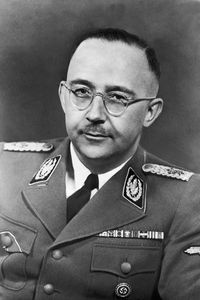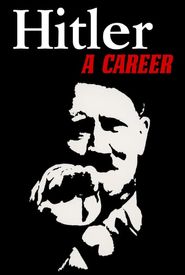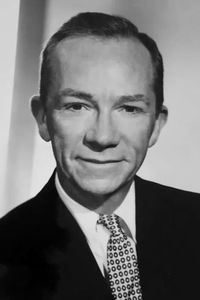Heinrich Luitpold Himmler was a German politician and a leading figure in the Nazi Party. Born on October 7, 1900, he rose to become one of the most powerful men in Nazi Germany, serving as Reichsführer of the SS, a military commander, and Chief of the German Police.
As the Minister of the Interior, Himmler oversaw all internal and external police and security forces, including the notorious Gestapo. He also served as Commander of the Replacement Army and General Plenipotentiary for the entire Reich's administration, giving him significant control over the country's administration.
Himmler's role in the Holocaust is well-documented. As the overseer of concentration camps, extermination camps, and Einsatzgruppen, he coordinated the killing of millions of people, including six million Jews, between 200,000 and 500,000 Roma, many prisoners of war, and possibly another three to four million Poles, communists, and other groups deemed unworthy to live.
Despite his role in the atrocities, Himmler attempted to surrender to the Western Allies shortly before the end of the war, offering to spare himself prosecution in exchange for Germany's surrender. However, he was arrested by British forces and committed suicide before he could be questioned.
Throughout his life, Himmler was a key figure in the Nazi Party, playing a crucial role in the implementation of the party's policies and ideologies. His legacy is marked by tragedy and devastation, and his actions continue to have a lasting impact on the world today.















































